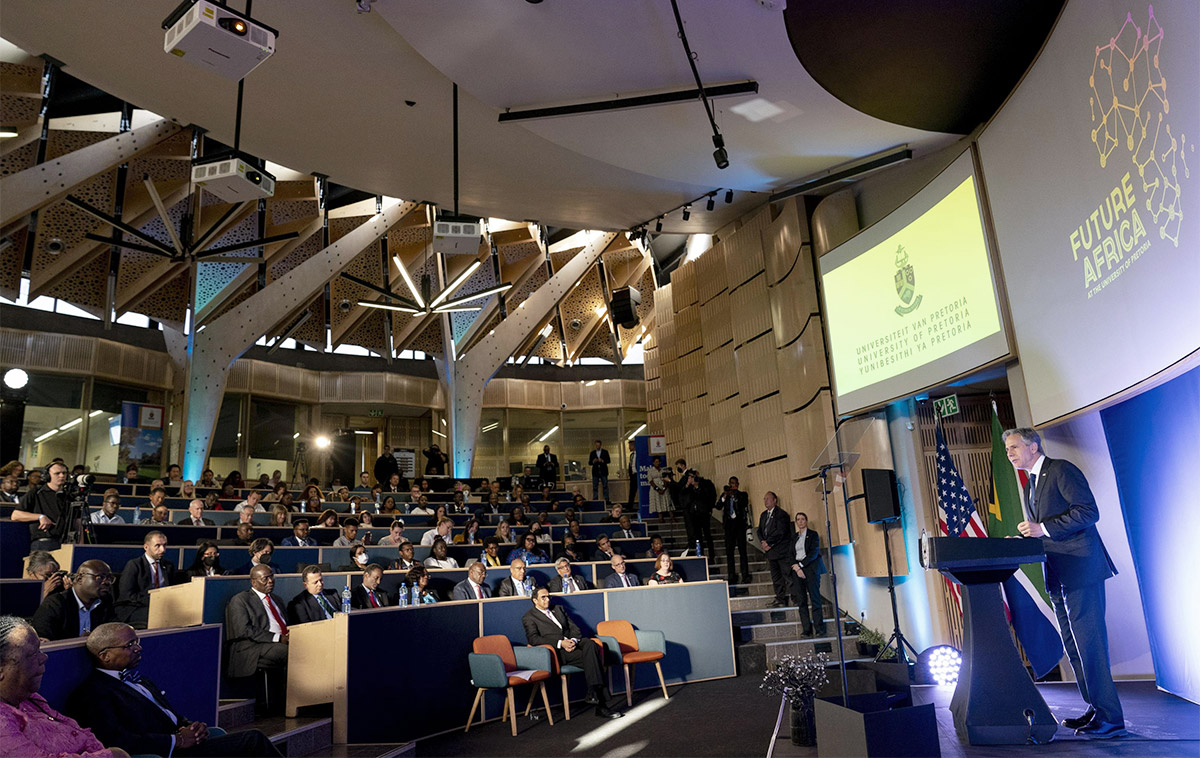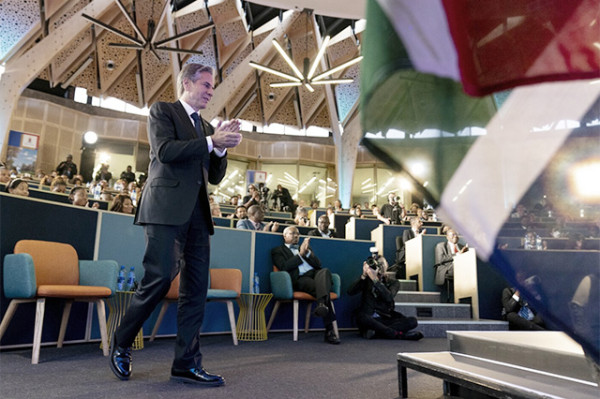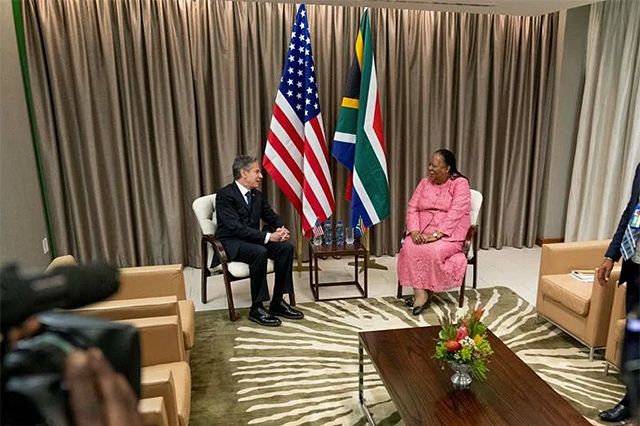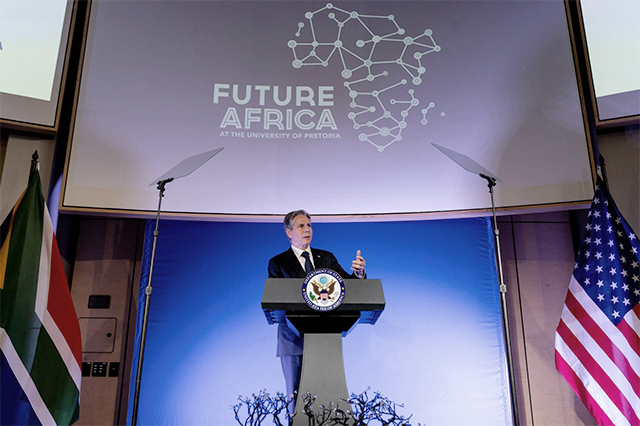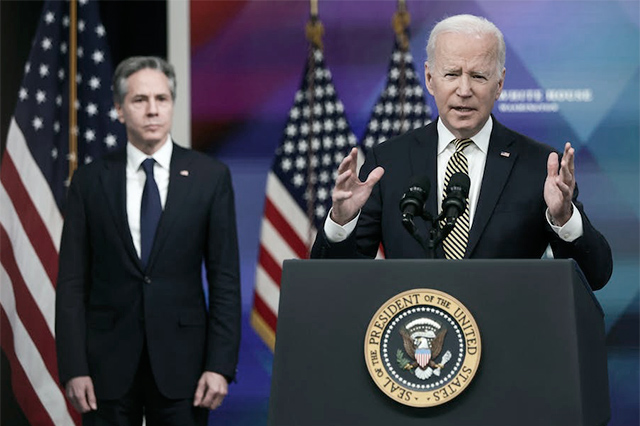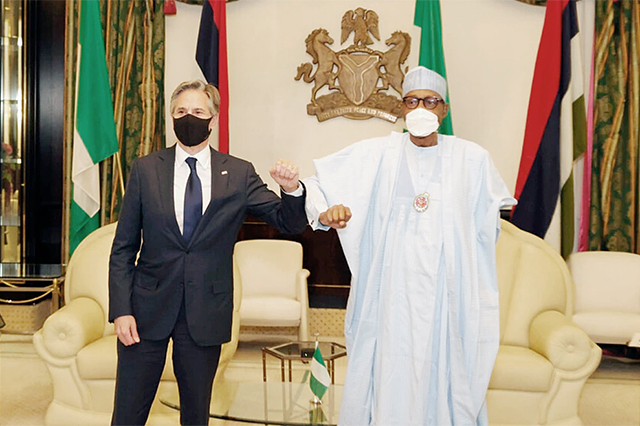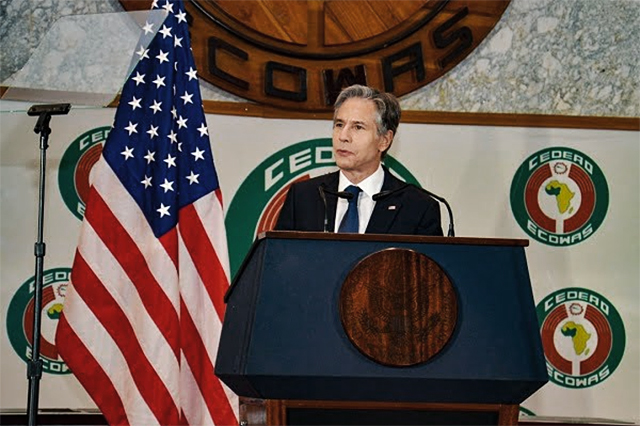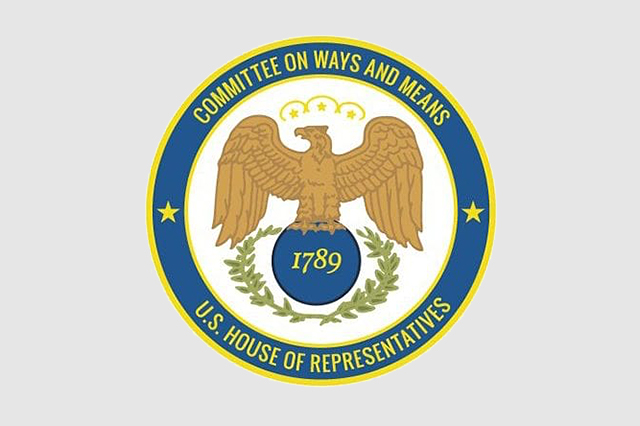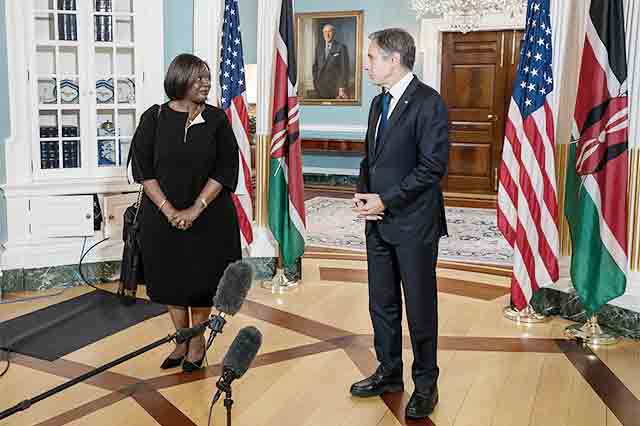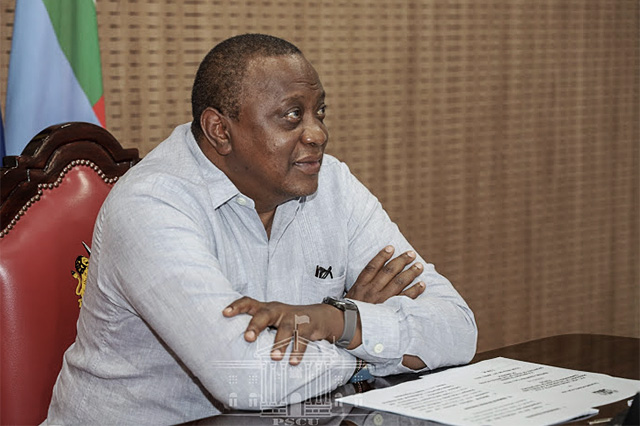Transcript | US Secretary of State's address at South Africa's Future Africa Institute
On his visit to South Africa, one of US Secretary of State Antony J Blinken's major highlights was his address at the University of Pretoria’s Future Africa Institute on Monday.
It was there where he unveiled a new US strategy for relations with Sub-Saharan Africa.
Below are parts of his transcribed speech, edited for clarity:
Introducing new US ambassador to SA
Let me just take a moment at the start also to welcome someone else, our ambassador-designate to South Africa, Reuben Brigety, who will present his credentials to President Ramaphosa this week.
Reuben previously served as the US ambassador to the African Union, among other senior posts in our government, as well as president and dean of multiple universities.
I can’t imagine a better steward of the relationship between our nations.
Blinken's history with SA
For me, it is, simply put, wonderful to be back in South Africa. I’ve actually had the privilege of visiting several times before, including with President Clinton, President Obama, and then-Vice President Biden.
And the impressions from those visits are very much seared into my own memory.
Seeing President Clinton become the first US president to address your parliament, joined by a delegation from our Congressional Black Caucus, many of whom were stalwart supporters of the anti-apartheid movement and who represents part of the vast African diaspora that enriches our nations’ ties.
Seeing our first black president, the son of a Kenyan father and an American mother, stand in the two-by-two-metre cell on Robben Island that once jailed South Africa’s first black president.
Or hearing the buzz of the vuvuzelas as the US men’s team played the first World Cup ever held in Africa. So some of these sounds can never be unheard, and some early eliminations still hurt.
Unveiling the US strategy for relations with sub-Saharan Africa
It’s a strategy that builds on the broad vision for our nation’s engagement in the region, which I had an opportunity to share last November in Nigeria.
And it is fitting to set out the strategy here, on the Future Africa campus, an institution whose mission is to bring together people from different disciplines, backgrounds, and nationalities to tackle some of the most vexing challenges of our time.
Our future depends on young people like the scholars and practitioners who come here to study. And, as you’ve heard, by 2050, one in four people on the planet we share will be African.
They will shape the destiny not only of this continent, but of the world.
It’s also fitting because South Africa’s struggle for freedom, and the courage and sacrifices of those who led it, continue to inspire people around the world.
We know that in your nation, like ours, the long walk to freedom is unfinished. Yet the remarkable progress you’ve made is all around us.
In 1956, 156 activists were rounded up for rallying support for the Freedom Charter, a document that had the audacity to claim that South Africa belonged to its people.
When the Treason Trial began here in Pretoria, the accused included one of the charter’s drafters, Professor Zachariah Keodirelang Matthews, and a rising ANC activist, Joe Matthews – father and son, and grandfather and father to the woman who today serves as South Africa’s Minister of International Relations and Cooperation, Dr Naledi Pandor.
It’s fitting to set out our strategy here in South Africa because there is such a deep bond between our nations and people, and all we have in common as vibrant democracies whose diversity remains our greatest strength.
Our strategy is rooted in the recognition that sub-Saharan Africa is a major geopolitical force, one that shaped our past, is shaping our present, and will shape our future. It’s a strategy that reflects the region’s complexity – its diversity, its power and influence – and one that focuses on what we will do with African nations and peoples, not for African nations and people.
Put simply, the United States and African nations can’t achieve any of our shared priorities, whether that’s recovering from the pandemic, creating broad-based economic opportunity, addressing the climate crisis, expanding energy access, revitalising democracies, strengthening the free and open international order – we can’t do any of that if we don’t work together as equal partners.
The strategy's priorities
First, we will foster openness, by which we mean the capacity of individuals, communities, and nations to choose their own paths and shape the world we live in.
When leaders of newly independent African nations came together in 1963 to establish the Organisation of African Unity, the predecessor to the African Union, here’s how they began their charter: "Convinced that it is the inalienable right of all people to control their own destiny."
It was a conviction born of the struggle of generations of Africans whose destiny had been determined by colonial powers.
This inalienable right depends on a system of rules and principles which Africans have helped forge over decades through their leadership in institutions like the United Nations and the African Union.
And yet, too often, African nations have been treated as instruments of other nations’ progress rather than the authors of their own.
Time and again they have been told to pick a side in great power contests that feel far removed from daily struggles of their people.
These include the right of every country to have its independence, its sovereignty, is territorial integrity respected, a principle at stake now in Ukraine. We believe that all nations should be able to stand up for the right of a country not to have its borders redrawn by force, for if we allow that principle to be violated anywhere, we weaken it everywhere.
Openness also means creating pathways for the free flow of ideas, information, and investment, which in the 21st century requires digital connectivity.
So the United States is partnering with African governments, businesses, and entrepreneurs to build and adapt the infrastructure that enables that connectivity – an open, reliable, interoperable, secure internet; data centres; cloud computing.
Democracy in Africa
For as long as they’ve had their independence, African countries have also recognised that the right of nations to chart their own path is bound up in ensuring the right of individual citizens to do the same thing.
The overwhelming majority of people across Africa prefer democracy to any other form of government.
Even greater majorities oppose the authoritarian alternatives to democracy. More than 70% reject military rule; more than 80% reject one-man rule, according to the Africa-based polling organisation Afrobarometer.
African citizens want democracy – that is clear. The question is whether African governments can make democracy deliver by improving the lives of their citizens in tangible ways.
That is a challenge that is not unique to Africa. It’s one facing democracies in every part of the world, including the United States.
And it’s a problem that won’t be fixed by maintaining the same approach. So here’s what we’ll do differently.
We won’t treat democracy as an area where Africa has problems and the United States has solutions.
We recognise that our democracies face common challenges, which we need to tackle together, as equals, alongside other governments, civil society, and citizens.
That was the spirit that animated the 100 countries that came together for the Summit for Democracy President Biden hosted last December. It will drive the African Leaders Summit that the United States will host this December for the first time since 2014 – providing an opportunity to build greater momentum around tackling shared priorities.
We will work with partners to tackle 21st-century threats to democracy like misinformation, digital surveillance, and weaponised corruption.
We’ll launch a novel approach to good governance, the Global Fragility Act, which will make a decade-long investment in promoting more peaceful, more inclusive, more resilient societies in places where conditions are ripe for conflict, including Mozambique – which we spoke about today – the Coastal West African countries of Benin, Côte d’Ivoire, Ghana, Guinea, Togo.
